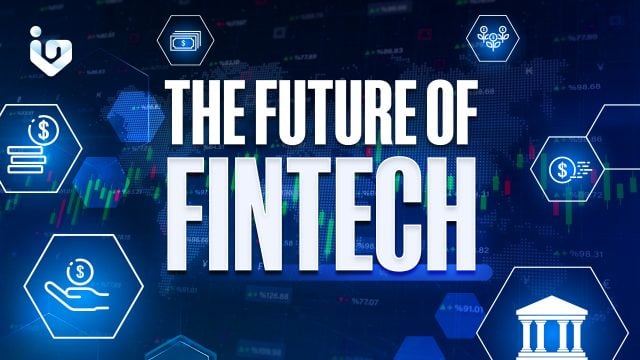The financial technology sector, known as fintech, is at the forefront of the financial industry’s evolution. It’s reshaping the way we invest, bank, and manage our finances. This article explores the groundbreaking innovations in fintech that are transforming the investment landscape.
Revolutionizing Investment with Robo-Advisors
Robo-advisors have democratized investment advice, making wealth management services accessible to the masses. These automated platforms use algorithms to create personalized investment portfolios, often with lower fees than traditional advisors. They’re designed for optimal asset allocation, adjusting your portfolio based on market conditions and your financial goals.
Blockchain: The Backbone of Fintech Innovation
Blockchain technology is the backbone of many fintech innovations. It offers a secure, transparent way to record transactions. Cryptocurrencies like Bitcoin and Ethereum are the most well-known applications of blockchain. However, the technology’s potential extends far beyond digital currencies. It’s paving the way for smart contracts, decentralized finance (DeFi), and tokenization of assets.
The Rise of Decentralized Finance (DeFi)
DeFi is an emerging financial system that operates without traditional centralized intermediaries. It uses blockchain to create protocols that allow users to lend, borrow, and trade assets directly with one another. DeFi platforms can offer higher interest rates for savers compared to traditional banks and provide access to a broader range of investment opportunities.
Mobile Payments: Investing at Your Fingertips
Mobile payment solutions have revolutionized the way we transact. Investment platforms have followed suit, allowing users to invest in stocks, bonds, and other assets directly from their smartphones. This convenience has opened up investing to a new generation of investors who demand quick, easy access to financial markets.
Artificial Intelligence and Big Data in Investing
Artificial intelligence (AI) and big data are changing the game for investors. AI can analyze vast amounts of data to identify trends and make predictions. It’s being used to develop sophisticated trading algorithms that can execute trades at optimal times, potentially increasing returns.
Peer-to-Peer Lending: The Social Aspect of Investing
Peer-to-peer (P2P) lending platforms connect borrowers directly with investors. These platforms offer investors the opportunity to earn higher returns than traditional savings accounts by lending money to individuals or small businesses. P2P lending has grown in popularity as investors seek out alternative investment opportunities with potentially higher yields.
Personal Finance Management Tools
Fintech has also introduced a range of personal finance management tools. These apps help users track their spending, budget more effectively, and set financial goals. They can also provide insights into investment opportunities and help users manage their investment portfolios.
Regulatory Technology (RegTech)
RegTech is a subset of fintech focused on using technology to help financial institutions comply with regulations efficiently. It’s becoming increasingly important as the regulatory environment becomes more complex. RegTech can help investors by ensuring that the financial products they use are compliant with the latest regulations.
Conclusion
The future of fintech is bright, with innovations that promise to make investing more accessible, efficient, and secure. From robo-advisors to blockchain and AI, these technologies are not just changing the way we invest—they’re revolutionizing the entire financial ecosystem. As we look ahead, it’s clear that fintech will continue to play a pivotal role in shaping the investment strategies of tomorrow.

